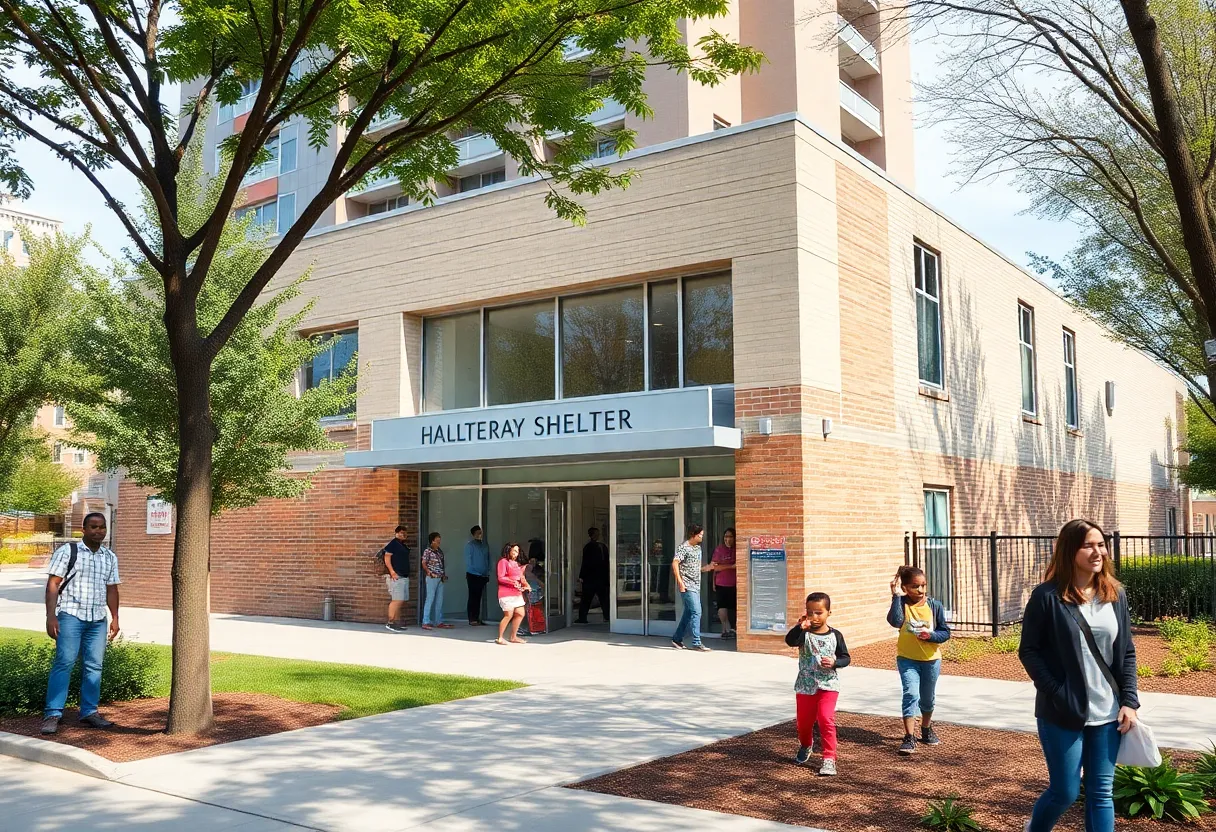News Summary
Two U.S. senators have proposed the Strengthening VA Patient Advocacy for Rural Veterans Act, aiming to enhance healthcare access for veterans in rural areas amidst significant cuts to the Department of Veterans Affairs. The bill mandates patient advocates in VA medical centers to help veterans navigate the healthcare system, ensuring they receive the care they deserve. With support from veterans groups, this initiative addresses barriers faced by rural veterans, including a reliance on opioids and transportation challenges, while exploring solutions like eliminating telehealth copayments.
Senators Take Action to Improve Healthcare for Rural Veterans
In a move that showcases a commitment to our service members, two U.S. senators have proposed a bill aimed at better healthcare access for veterans living in rural areas. The proposal, known as the Strengthening VA Patient Advocacy for Rural Veterans Act, comes at a time when the Department of Veterans Affairs is facing significant cuts, including plans to eliminate 80,000 jobs. This initiative is proving to be a much-needed lifeline for our veterans.
What’s in the Bill?
The new legislation requires that at least one patient advocate be available at all VA medical centers in rural and highly rural areas. These advocates are invaluable as they assist veterans in navigating the often convoluted bureaucracy of the VA system, tackling concerns regarding their treatment, and ensuring they receive the healthcare they deserve.
Senator Jacky Rosen from Nevada, who introduced the bill, made it clear that rural veterans face numerous barriers when trying to access medical care. Senator Kevin Cramer of North Dakota is co-sponsoring the bill, underscoring how important patient advocates can be in helping veterans overcome these hurdles.
Support from Veterans Groups
This legislation has gained momentum thanks to endorsements from various veterans groups, like Disabled American Veterans, who recognize the challenges faced by rural veterans. These advocates could make a substantial difference in their ability to obtain necessary healthcare services.
Understanding the Challenges
Recent data shows that rural veterans are prescribed opioids for chronic pain 45% more than their urban counterparts between 2016 and 2023. This statistic underscores a growing concern as healthcare access is often limited for those in rural communities, leading to a reliance on pain management through medication rather than comprehensive care.
Transportation can also be a significant hurdle for these veterans. Many rural areas lack healthcare facilities, forcing veterans to travel long distances on challenging routes just to attend medical appointments. Efforts like introducing mobile care units and enhancing telehealth programs are part of the VA’s strategy to address these issues, but more needs to be done.
Recent Clinic Closures Raise Eyebrows
The closure of the VA clinic in Enterprise, Oregon, has raised alarms among local senators who worry that access to care for rural veterans is dwindling. Lengthy travel times have become an unfortunate reality for many, especially following the shutdown of the Wallowa County VA Telehealth Clinic, which has been described as a troubling development.
In response to the clinic closures, the VA stated that these decisions were based on assessments of access and operational costs. However, the timing presents a challenge as many veterans now face significant barriers in obtaining care.
Future of Telehealth Services
To combat the increasing issues related to access, the VA is considering eliminating telehealth copayments for veterans and introducing a grant program called Accessing Telehealth through Local Area Stations (ATLAS) that aims to improve telehealth accessibility in rural and underserved communities.
The demand for telehealth services has skyrocketed recently, with usage jumping from a mere 294,847 video-to-home encounters in 2019 to a staggering 9.5 million by 2021. This rapid increase highlights the importance of accessible care options for those who may struggle to reach traditional medical facilities.
By waiving telehealth copays and supporting rural communities through the ATLAS program, the VA aims to pave the way for improved healthcare accessibility. Such initiatives signal a brighter future for our rural veterans seeking the care and support they need.
Deeper Dive: News & Info About This Topic
HERE Resources
New Bill Aims to Boost Health Care for Rural Veterans
Additional Resources
- The Center Square: Proposed Bill for Rural Veterans
- KCRG: VA Study on Rural Veterans and Opioids
- Healthcare IT News: VA’s Telehealth Plans
- Oregon Live: VA Clinic Closure in Oregon
- DTN Progressive Farmer: Mental Health Help for Rural Veterans





